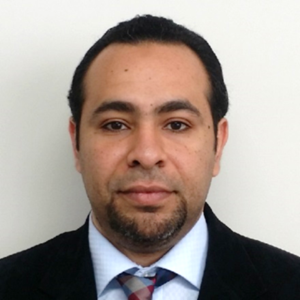The present study aimed to investigate current sexuality education in Japanese medical schools and the impact of position title in the Japanese Society for Sexual Medicine (JSSM). Questionnaires were mailed to urology departments in all Japanese medical schools. The responses were evaluated according to four factors: the number of lecture components, curriculum hours, degree of satisfaction with the components and degree of satisfaction with the curriculum hours. We also investigated differences in these four factors among three groups: Directors, Council members and non-members of the JSSM. The medians of curriculum hours and the number of the lecture components were 90.0 min and 7.0, respectively. The curriculum hours of the Directors (140.0 min) were significantly longer than those of the non-members (90.0 min; P<0.05). The number of lecture components taught by Directors (9.5) was significantly higher than that of the Council (4.0; P<0.01) and non-members (7.0; P<0.05). More than half of the faculties were not satisfied with the lecture components and curriculum hours. This is the first study on sexuality education in Japanese medical schools. It showed the inadequacy of both curriculum hours and lecture components, and that the position title of department chair affects sexuality education in medical schools.


